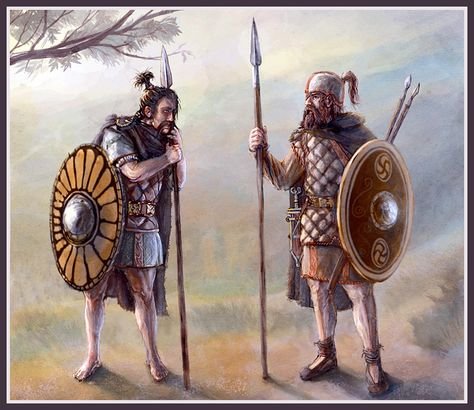
Ataegnina

Goddess of rebirth (or spring), fertility, nature and medicine. She is also considered the goddess of hell
because she went down to the underworld (act represented by fall) and then rise up, reborn (act represented by spring). She was also the goddess of the moon and fertility; Goddess of the fruits of the earth that "reborn" every year. Sometimes, through a ritual, she was invoked to harm someone (from simple plagues to death), likewise, she was the goddess of health, and part of the trinity with Endovellicus and Runesocesius.
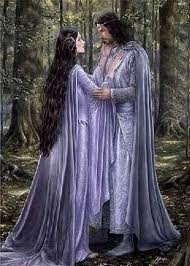
Endovelicus
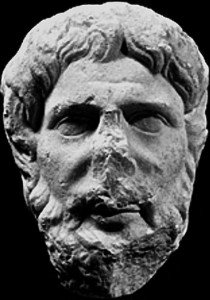
The supreme god of the Lusitanians, responsible for health, welfare, protection of souls and the sun. Husband of Ataegnina, also referred to by the name of "Enobélicus", lord of the underworld.
After performing certain rites near his sanctuary, people clamored for guidance or a vision of the future to the god. They slept near the sanctuary and Endovelicus appeared to them in dreams. Another of its functions was the protection of the cities that venerated it, reason why it is said that it inspired the Lusitanian wars against the Romans.
Runesosecius
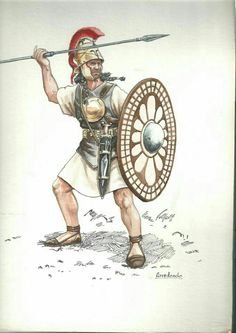
There is not much information about this deity. Ironically, in the mythology he's given a mysterious connotation. It is known that he is the god of javelins.
Trebaruna
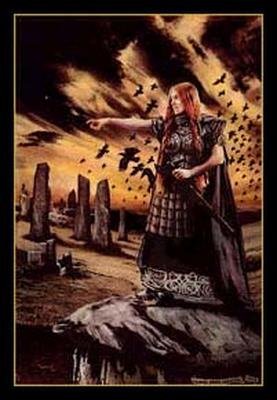
Along with Ares, she was the goddess of war, protector of fortified cities and home. She gave luck or misfortune depending on the actions of the household, reason why she also was goddess of destiny. Probably because of the cult of the goddess in the Lusitanian tribe, women were also trained for war, making them protectors of the forts during battle. For her and for Ares they sacrificed prisoners, horses and goats. They practiced gymnastics exercises such as boxing and racing, simulations of combats on foot or on horseback. They danced in circular dances, men and women, to the sound of flutes and cornets. Each man had only one woman.
Ares
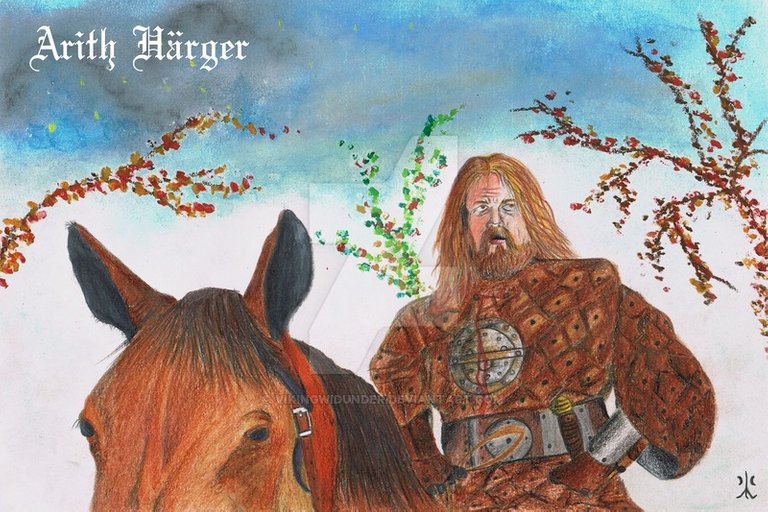
Just as Trebaruna, he is the god of war of the Lusitanian tribe. To him horses of war were sacrificed. Possibly there is a close analogy between the chivalric initiation and the symbolism of the horse as a vehicle of spiritual demand. In this sense, the horse was the symbol of the warrior, of the one who rises to himself for his triumph or for his sacrifice.
Enchanted Moura

This is not a proper deity. Contrary to what the name might suggest, this mythological character goes back to the pre-Roman period. Its name derives from Proto-Celtic mrwo (meaning "dead"). Another current, more precise for what I will explain now, says that it comes from the Celtic word mori meaning "sea". It is said that they live near rivers, like nymphs, and they influence the destiny of people.
Ulises
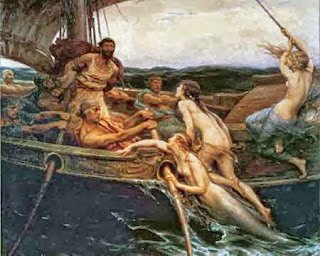
Ulysses
Myth is the nought that means all.
The very sun that opens up the sky
Is a bright and silent myth-
The dead embodiment of God
Alive and naked.
This one who called here at port,
Found existence in not being.
Without being he sufficed us.
Because he did not come, he came about
And created us.
And so does legend flow
Across the threshold of reality
And enriching it, runs forth.
Down below, life, half
Of nothing, dies away.
-Fernando Pessoa, Mensagem.
An introduction to the poem: Ulysses, the mythic hero of the Odyssey, is said to have sailed into the Atlantic and landed where Lisbon is today. And from his name derived the name of the town he then founded (Lisbon was once called Ulixbona). So, although Ulysses never existed except as a myth, Fernando Pessoa reasons that he is one of the pillars of the Portuguese nation (one of the castles in its coat of arms) and in this poem he muses on the importance of myths.
In the opening part of the poem he refers the myths of solar gods who die at sunset only to reincarnate at dawn in the Sun itself. The poem closes with the thought that, compared to the everlasting quality of myths, life in its fragility is indeed of little value... This thought calls to memory that Pessoa once said of himself "I want to be a maker of myths". Commentary source
The Lusitanian Band Moonspell Honors Trebaruna
The band has made songs of several Lusitanian gods, honoring their ancestry (and that of the author of this post).
I hope you have enjoyed this piece of culture. There is not much information about it on the internet, with the Roman conquest it seems to have been lost a lot.
Congratulations @allenblue405! You have completed some achievement on Steemit and have been rewarded with new badge(s) :
Click on any badge to view your own Board of Honor on SteemitBoard.
For more information about SteemitBoard, click here
If you no longer want to receive notifications, reply to this comment with the word
STOPYour Post Has Been Featured on @Resteemable!
Feature any Steemit post using resteemit.com!
How It Works:
1. Take Any Steemit URL
2. Erase
https://3. Type
reGet Featured Instantly & Featured Posts are voted every 2.4hrs
Join the Curation Team Here | Vote Resteemable for Witness
Congratulations! This post has been upvoted from the communal account, @minnowsupport, by allenblue405 from the Minnow Support Project. It's a witness project run by aggroed, ausbitbank, teamsteem, theprophet0, someguy123, neoxian, followbtcnews, and netuoso. The goal is to help Steemit grow by supporting Minnows. Please find us at the Peace, Abundance, and Liberty Network (PALnet) Discord Channel. It's a completely public and open space to all members of the Steemit community who voluntarily choose to be there.
If you would like to delegate to the Minnow Support Project you can do so by clicking on the following links: 50SP, 100SP, 250SP, 500SP, 1000SP, 5000SP.
Be sure to leave at least 50SP undelegated on your account.